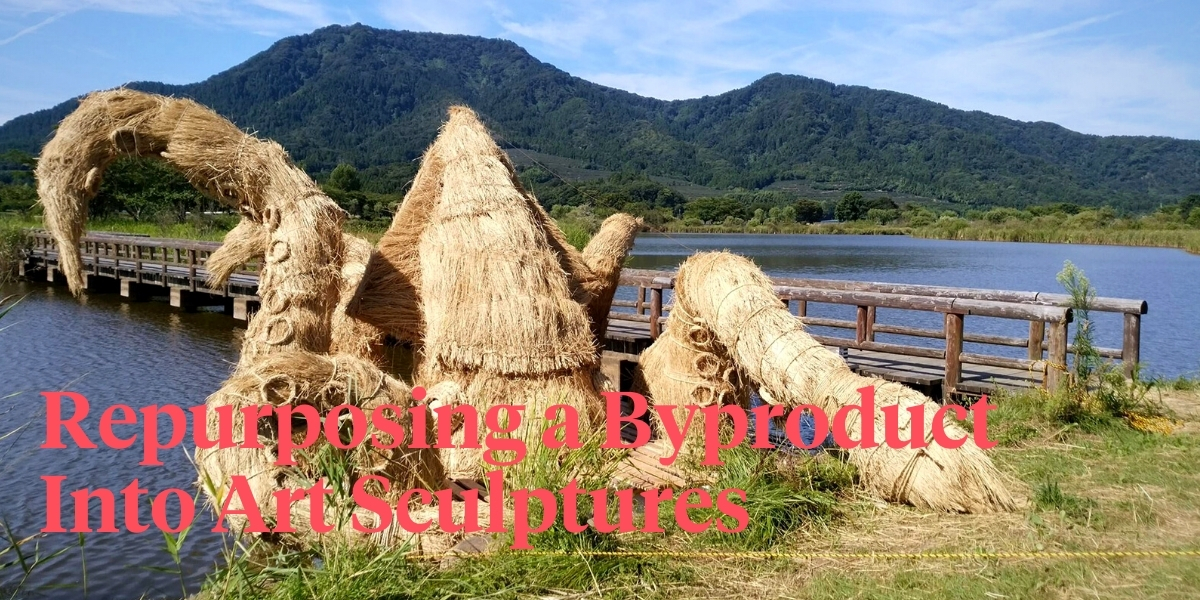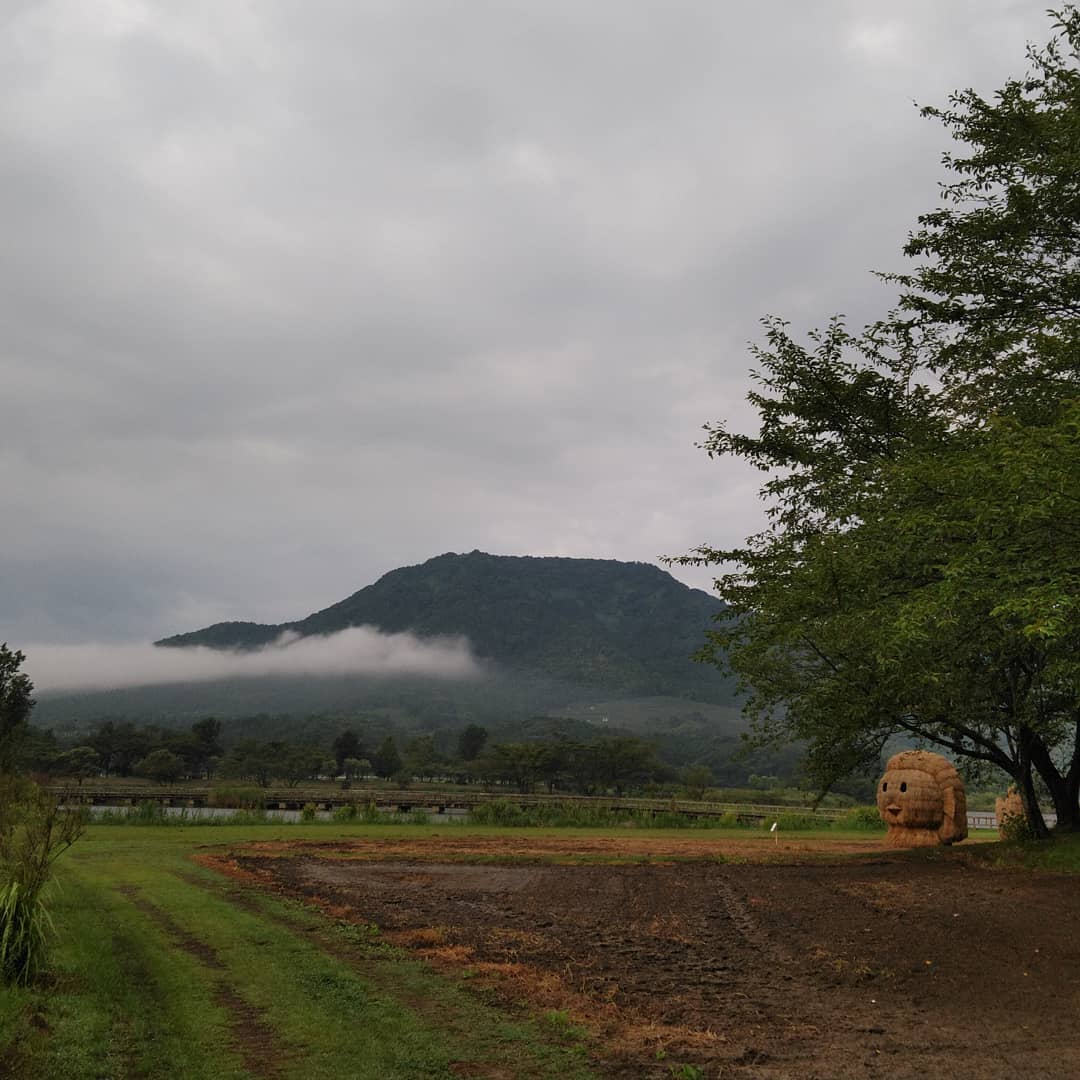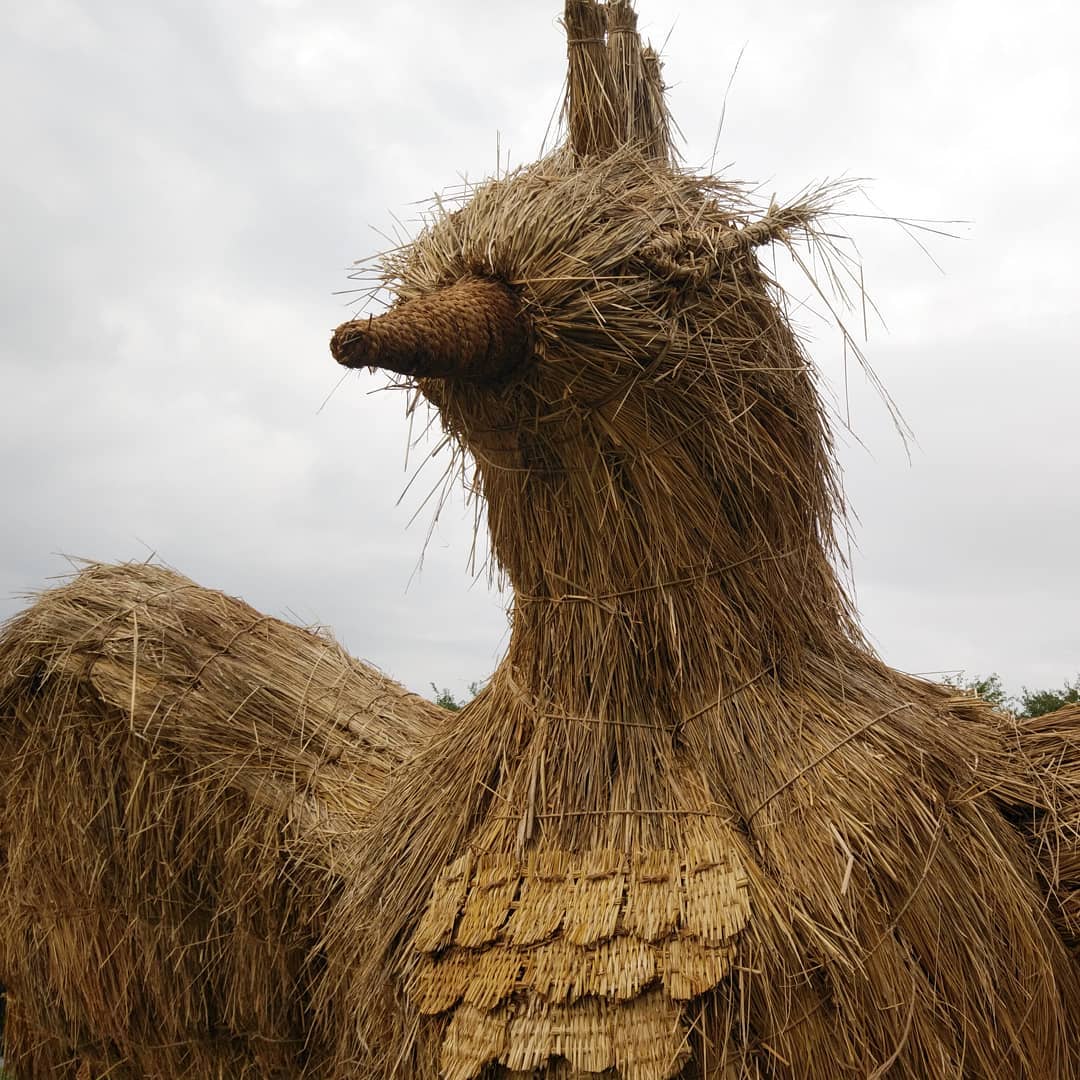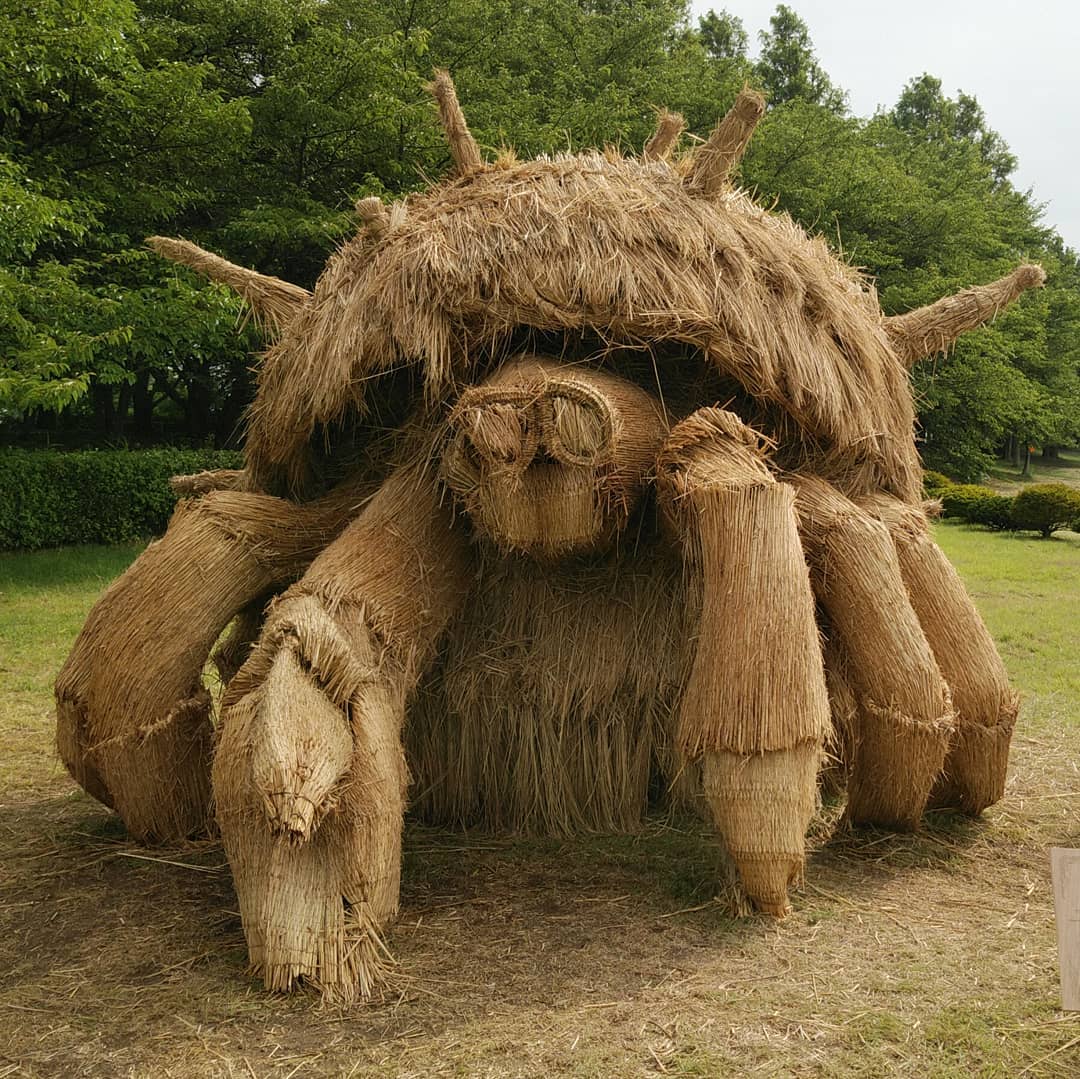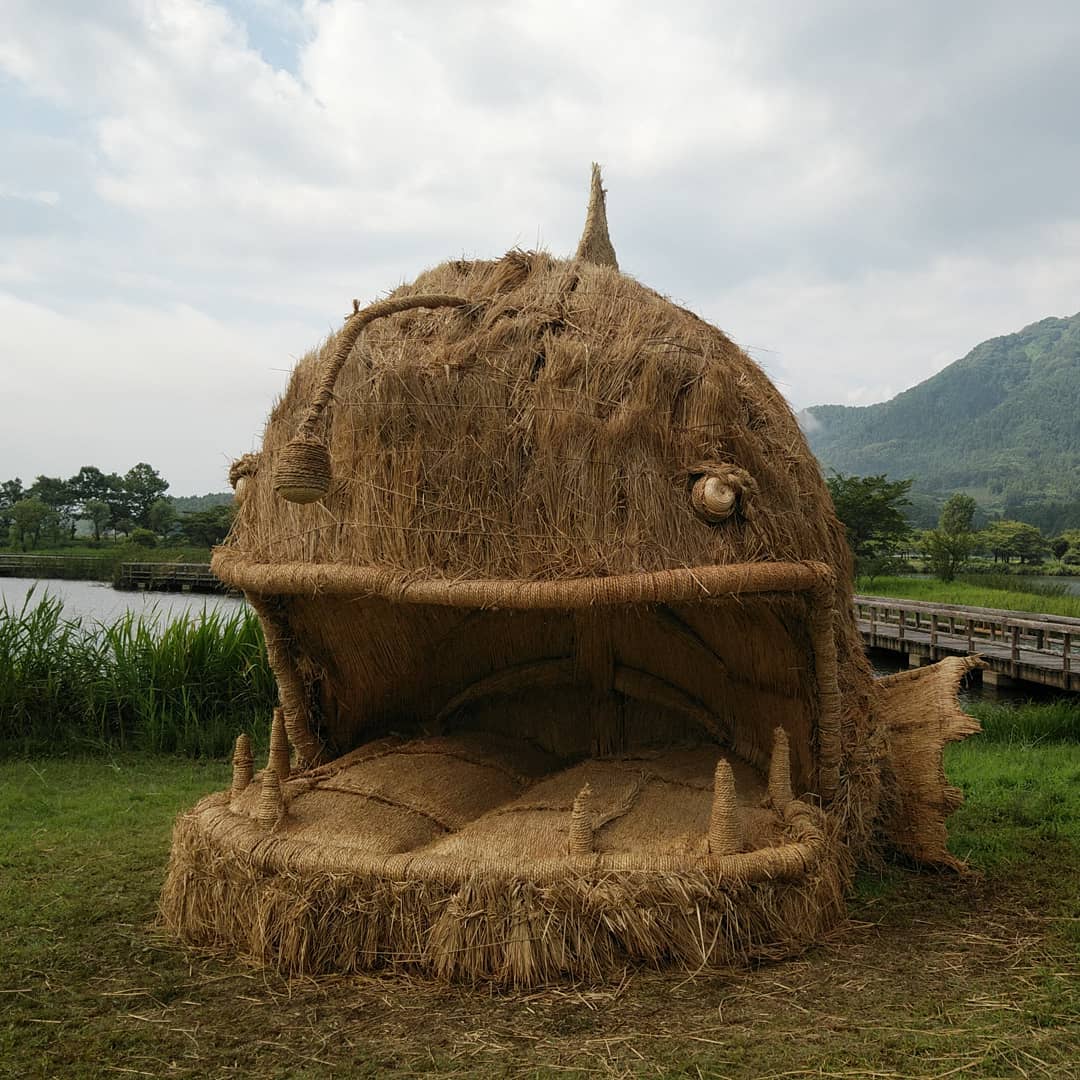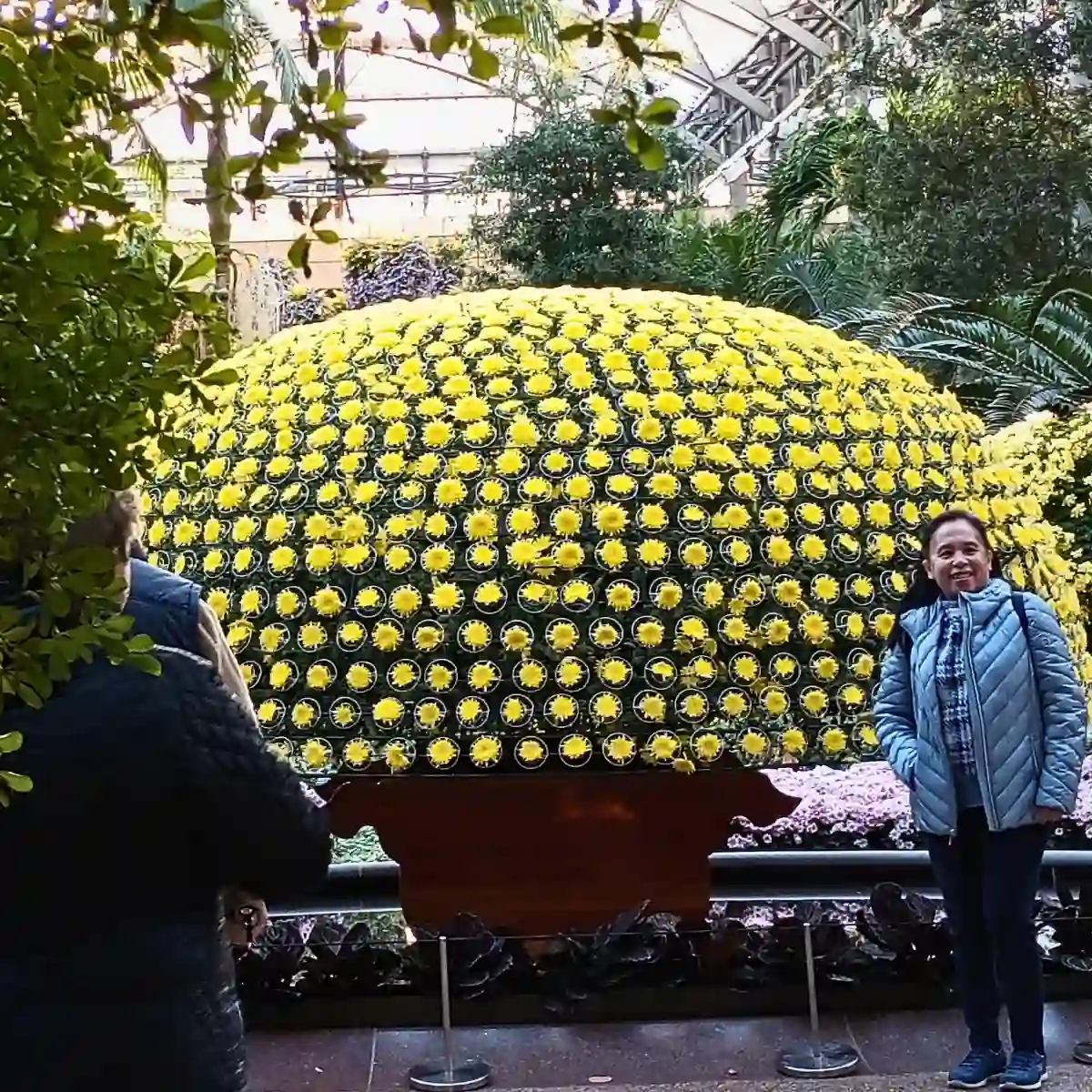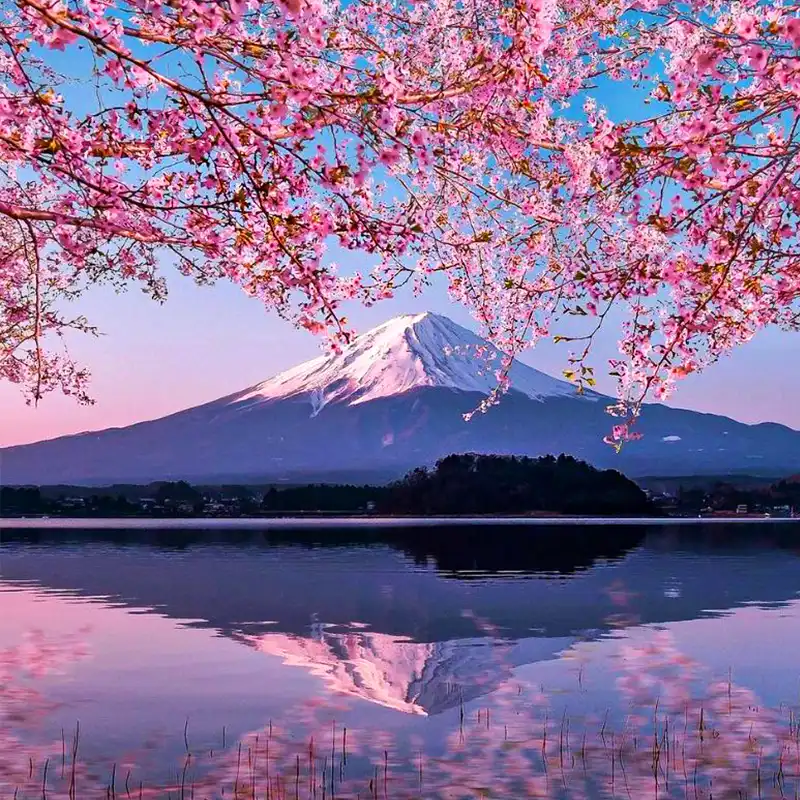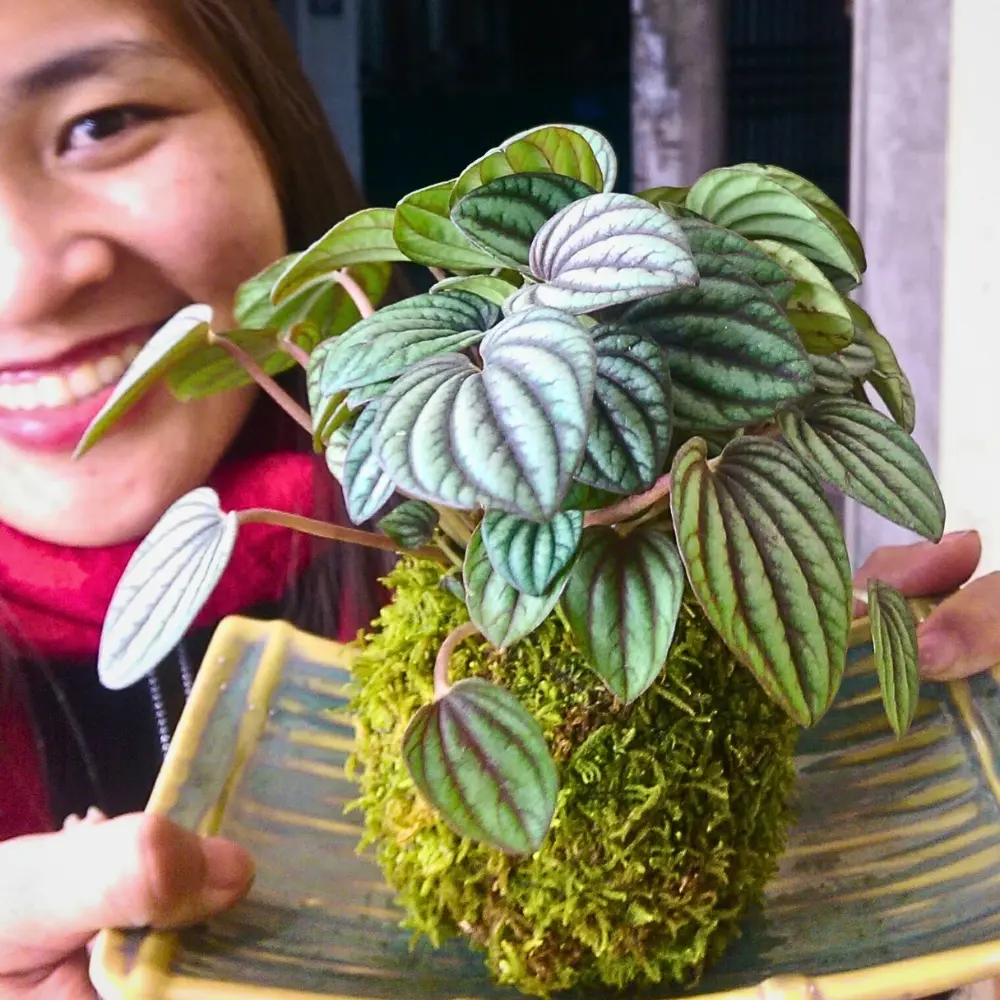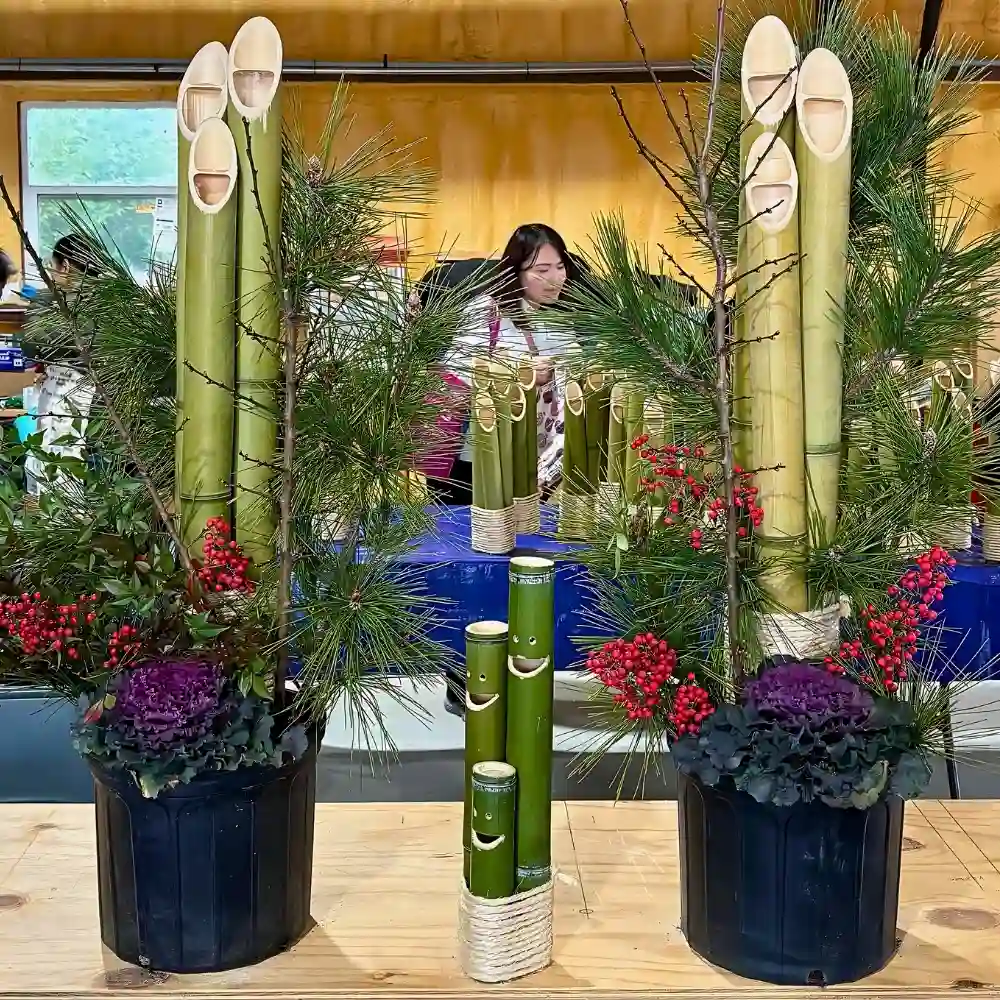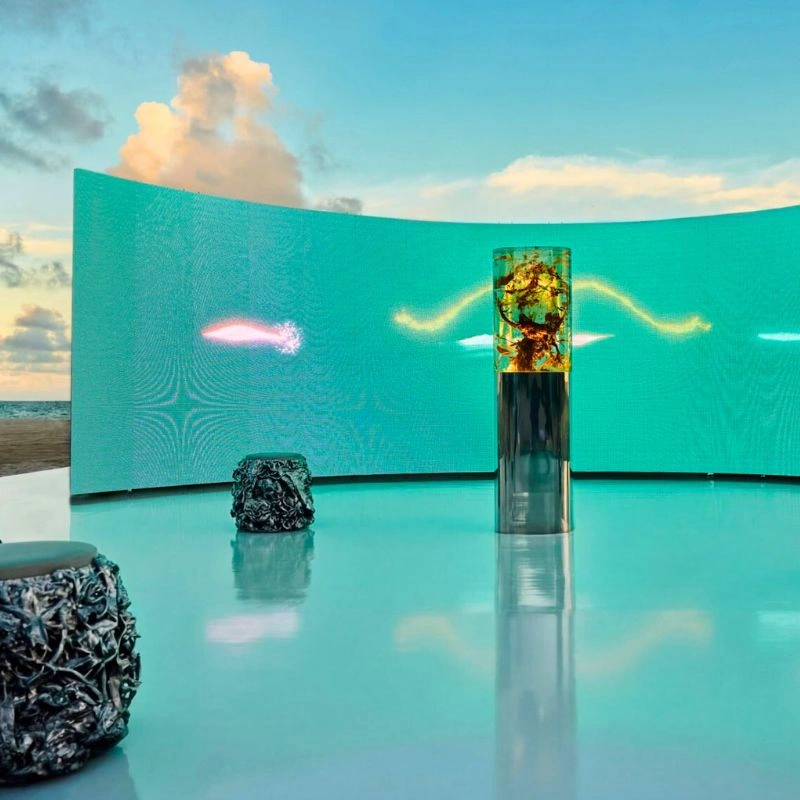Niigata is one of the leading provinces for rice production in Japan. During the harvest period, a surplus of rice straw is produced as a byproduct of this process and in the past, the extra material has been used to create a number of traditional objects and tools, such as sandals. As new technologies replace these practices, Niigata City and Musashino Art University (referred to as Musabi) came up with a creative way to repurpose the rice straw — enlisting the help of its students to create massive animal sculptures for Japan's Wara Art Festival.
Gigantic Straw Sculptures at Japan's Wara Art Festival
Huge lions, eagles, crabs, spiders, other animals, and mythical creatures made of leftover straw from the seasonal harvest, invade the Niigata landscape. The giant sculptures are part of the Wara Art Festival — Wara, which means ‘rice straw’ in Japanese — an event that takes place since 2008, and is a collaboration between Tokyo art students and the local agricultural community.
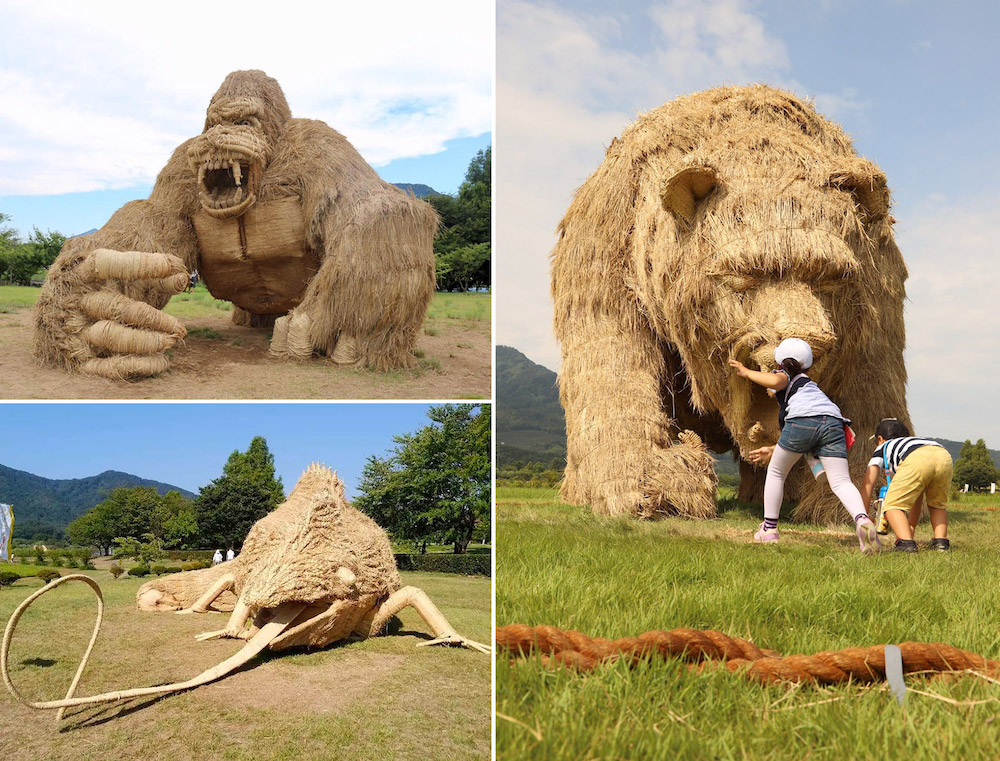
Modern Usage of Rice Straw
The idea of regional revitalization by creating artwork made of rice straw was suggested by Shingo Miyajima — a professor at Musabi of the time. Rice straw is created as a byproduct of rice production and was utilized as feed livestock, fertilizer, and to craft items for the household since ancient times. Due to lifestyle changes and the modernization of agriculture, this tradition is now presented in a modern way. 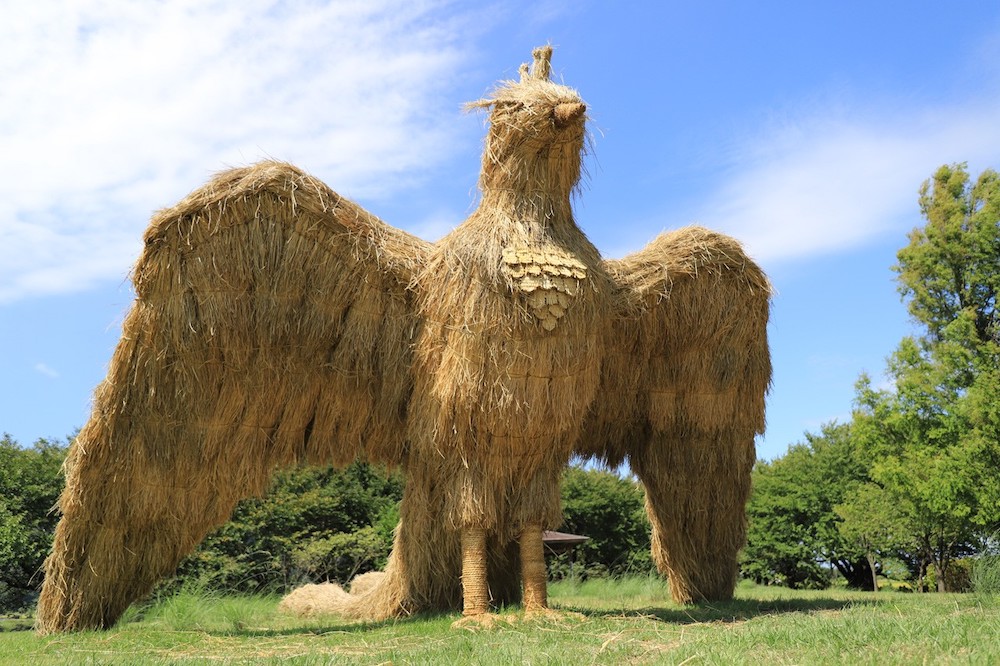
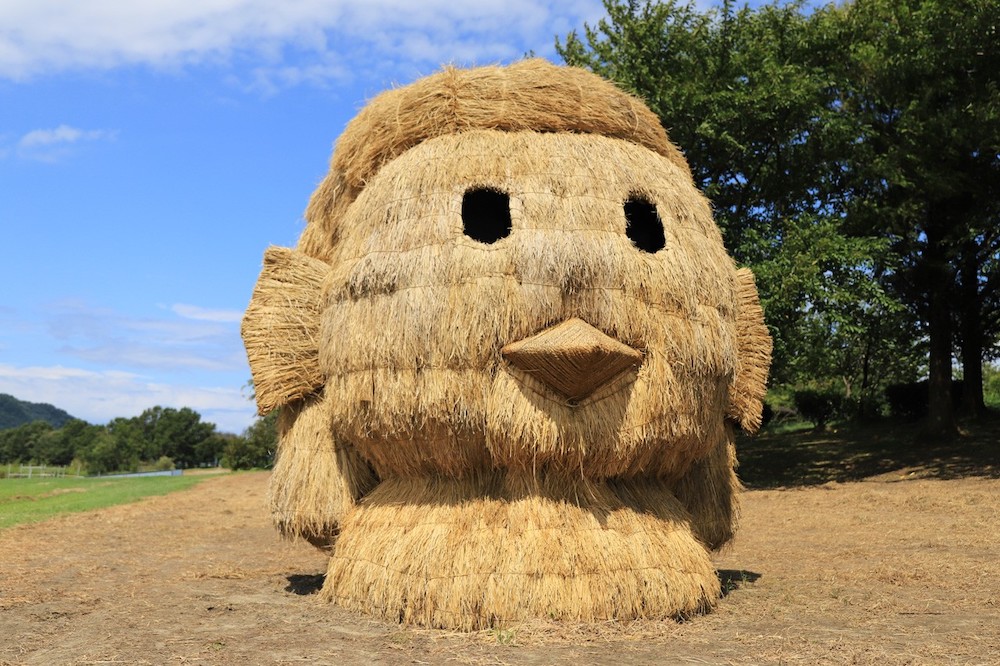
30 Ft High Sculptures at Wara Art Festival
The partnership started back in 2006 and resulted in the first Wara Art Festival several years later. The monumental figures reach up to 30 ft high and are created by artisans of the farms, known as the Nishikan Ward, with the help and youthful exuberance of the Musabi students. The sculptures range from common animals seen across the forest to mythological beings found in Japanese folklore. 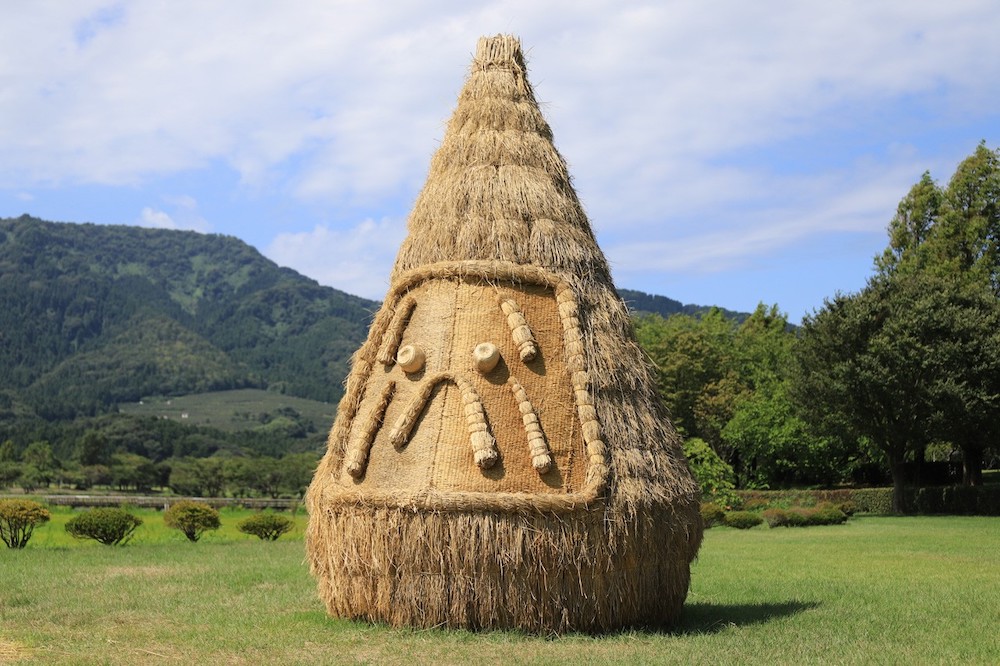
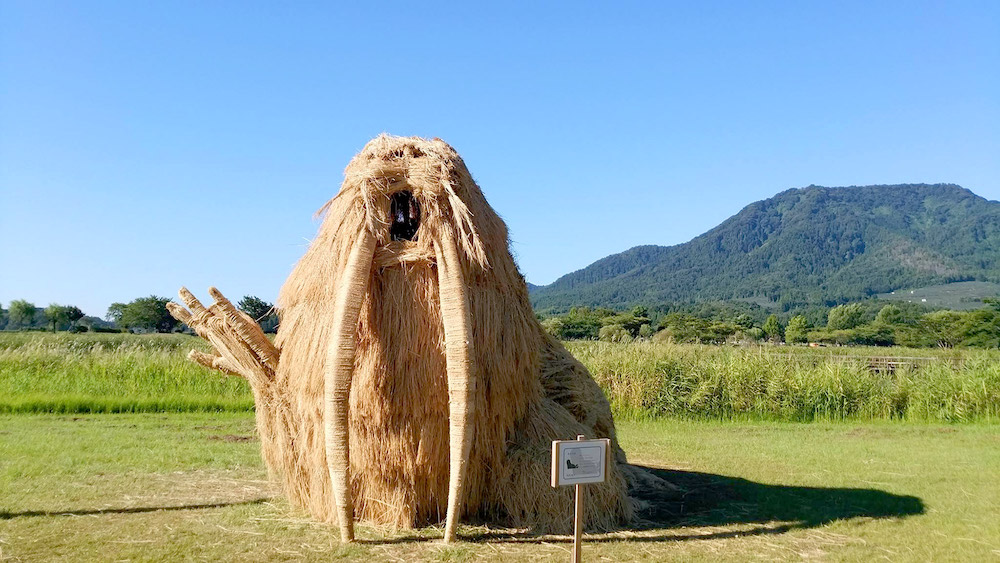
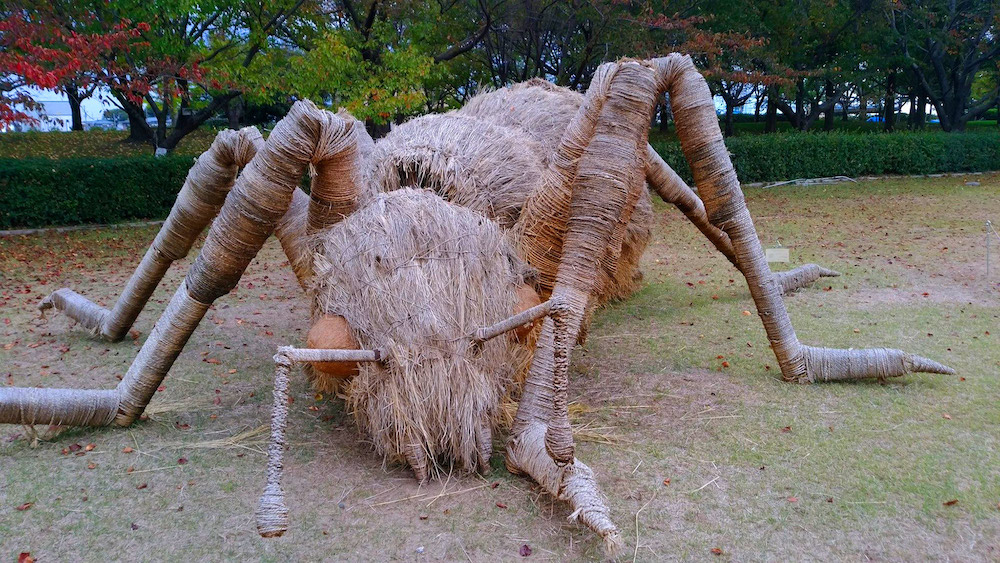
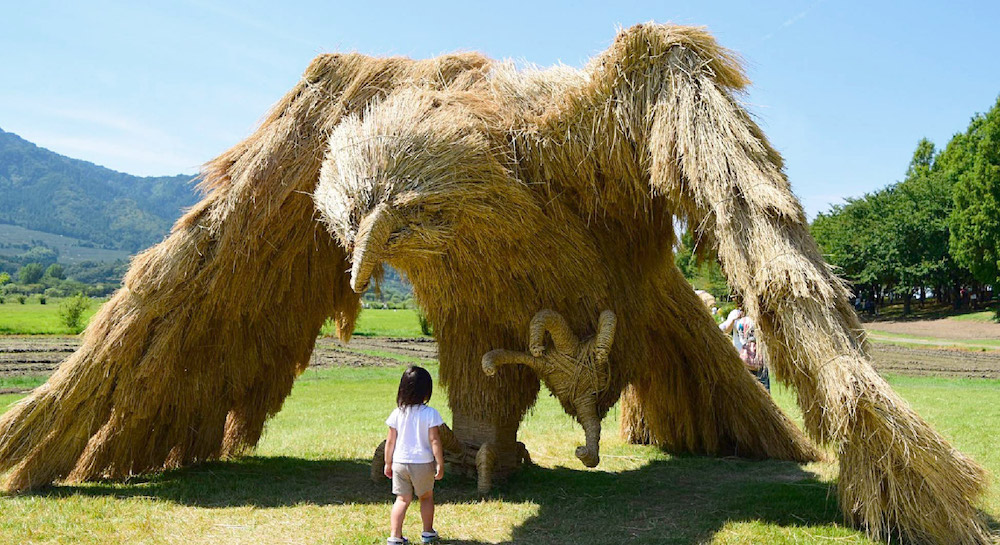
Lucky Things That Bring Vitality to Those Who See Them
Due to the pandemic, the festival was paused during 2020 but is back now for its 13th edition with the theme ‘lucky things that bring vitality to those who see them,’ being on view on October 31st, inviting visitors to the local Uwasekigata park.

